About The Author
Editorial Team
Founded by former investment banking professionals, Mont Sky® brokers and agents come with deep industry experience in fields as varied as leveraged finance, institutional sales and real estate law. The Editorial Team at Mont Sky® consists of only the most experienced brokers with deep industry and transaction experience.
Related Posts
Negotiating Tips for a Good Guy Guarantee Clause for Commercial Leases in New York
By
Mont Sky®
/ December 19, 2023
Benefits of a Real Estate License: Turning Spare Time into Cash as an Agent
By
Editorial Team
/ February 5, 2024







